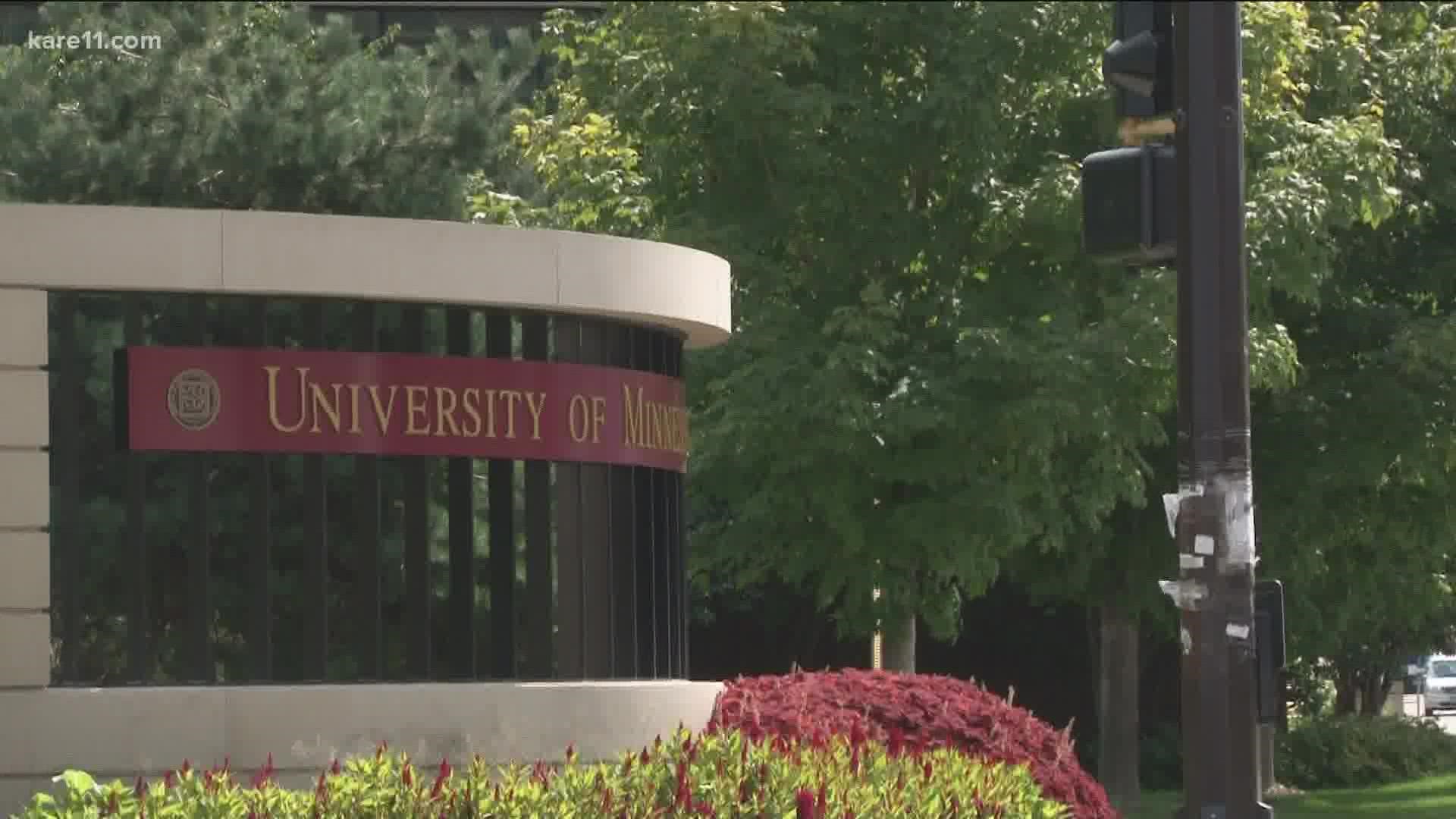MINNEAPOLIS — As University of Minnesota students get started in the new school year, university leaders are taking action to help keep them safe in response to rising crime on and off campus.
University of Minnesota Police Chief Matt Clark and Senior Vice President of Finance and Operations Myron Frans updated the Board of Regents Friday on safety initiatives focused largely in Dinkytown.
"We recognize many students, faculty and staff live in and enjoy the neighborhoods near our campus, and that these neighborhoods are experiencing the same crime trends that have affected broader communities across this country and in the Twin Cities," Frans said.
According to U of M data, the university has a higher than average level of sexual violence and burglaries compared to similarly sized universities nationwide.
Clark says working with nearby jurisdictions including Minneapolis, Hennepin County, and Ramsey County has been helpful.
"Hiring a social worker," Clark said. "We were able to contract very quickly with Hennepin County to have a social worker assist us."
Clark says the social worker's position helps with situations involving repeat offenders. He says the university also hired a community liaison who has been working with businesses near campus over the last few years.
Over the summer, the U also tested and launched the Rave Guardian app.
"The thing that I think's important about that app, and you see it in other Big Ten schools, is there's more resources within that app for students," Clark said.
In line with technology, eight blue light kiosks or towers will be ready by the end of semester. The devices connect callers with 911 dispatchers and are each equipped with a camera.
Additionally, campus officers now wear body cameras. Clark says the university recently fast-tracked the department's 2017 request for such cameras.
"The university leadership was able to fund that and get those on officers so we launched that actually two weeks ago and it's been very successful," he said.
Clark says his department is hiring but the hiring pool is narrow and existing officers are working overtime.
In the meantime, safety ambassadors will soon be available to escort students on their walks. The safety ambassador program currently operates in downtown Minneapolis as an initiative of the MPLS Downtown Council.
"They're connected to our 911 as well as Minneapolis 911," Clark said. "They can provide escorts. They do pick up trash and different things as well but they're also a way of finding resources for anybody that's visiting the area."
Sophomore Josie Kelpsas says she believes a stronger officer presence in Dinkytown would help her feel safer.
"I definitely feel safe on campus specifically," said Kelpsas, a chemical engineering and chemistry double major. "In Dinky, it's a little bit less. I know there's the cameras there but especially at night and as a woman, you know, we've got all these different Gopher programs. I would definitely rather call them to take me home or have someone else walk with me. I don't feel safe to walk here at night."
At Friday's meeting, some university leaders shared that they've received dozens of emails and phone calls from parents of students who are concerned about crime.
The new safety ambassadors start Thursday. Once they're comfortable working the area, and working with nearby jurisdictions, campus police will focus on educating students about how to request their help.

